 In 2011 myself and Ben Parris from the Psychology Research Centre were awarded a small RDF grant to investigate whether intranasal inhalation of the hormone oxytocin can improve eye-witness identification. We designed an experiment where participants viewed a short video-clip of a perpetrator stealing a wallet from someone’s bag. Participants then inhaled either an oxytocin or placebo nasal spray, and after a 45 minute interval to allow central oxytocin levels to plateau, were presented with a line-up of ten faces from which they had to either select the perpetrator or state that he was absent. To date we have tested 70 participants and found a facilitation in the oxytocin condition. In a second experiment, we asked participants to complete the ‘One-in-Ten’ task, a test of spontaneous eye-witness memory that has been well-used in previous work. Again, we found a clear facilitation in performance in the oxytocin condition.
In 2011 myself and Ben Parris from the Psychology Research Centre were awarded a small RDF grant to investigate whether intranasal inhalation of the hormone oxytocin can improve eye-witness identification. We designed an experiment where participants viewed a short video-clip of a perpetrator stealing a wallet from someone’s bag. Participants then inhaled either an oxytocin or placebo nasal spray, and after a 45 minute interval to allow central oxytocin levels to plateau, were presented with a line-up of ten faces from which they had to either select the perpetrator or state that he was absent. To date we have tested 70 participants and found a facilitation in the oxytocin condition. In a second experiment, we asked participants to complete the ‘One-in-Ten’ task, a test of spontaneous eye-witness memory that has been well-used in previous work. Again, we found a clear facilitation in performance in the oxytocin condition.
These findings follow recent work that has demonstrated that oxytocin can improve face recognition performance in standard cognitive tasks in lab-based settings. In addition, work from our lab is currently under review for publication demonstrating that oxytocin can improve face recognition in individuals with prosopagnosia (face blindness). This RDF grant has therefore given us the funding to carry out key investigations demonstrating novel applications of oxytocin inhalation in more applied settings.
I also presented findings from the oxytocin project at the April meeting of the Experimental Psychological Society, and was delighted to meet Dr Markus Bindemann from the University of Kent who is something of an expert in eye-witness identification. We are now collaborating with Markus, and have plans to develop a bid to the Leverhulme Trust on the back of the publications that we hope will result from these investigations. We are also about to welcome a new PhD student to our lab, who will be further developing the forensic aspect of this work in more real-world national security settings.
The pump-priming that was made available to us via the RDF scheme has provided us with the opportunity to collect the initial data and publication basis that we need to develop a large external bid, and we hope that this is the beginning of a fruitful line of research for our laboratory.
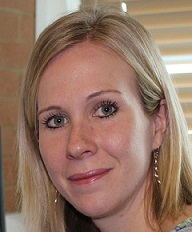




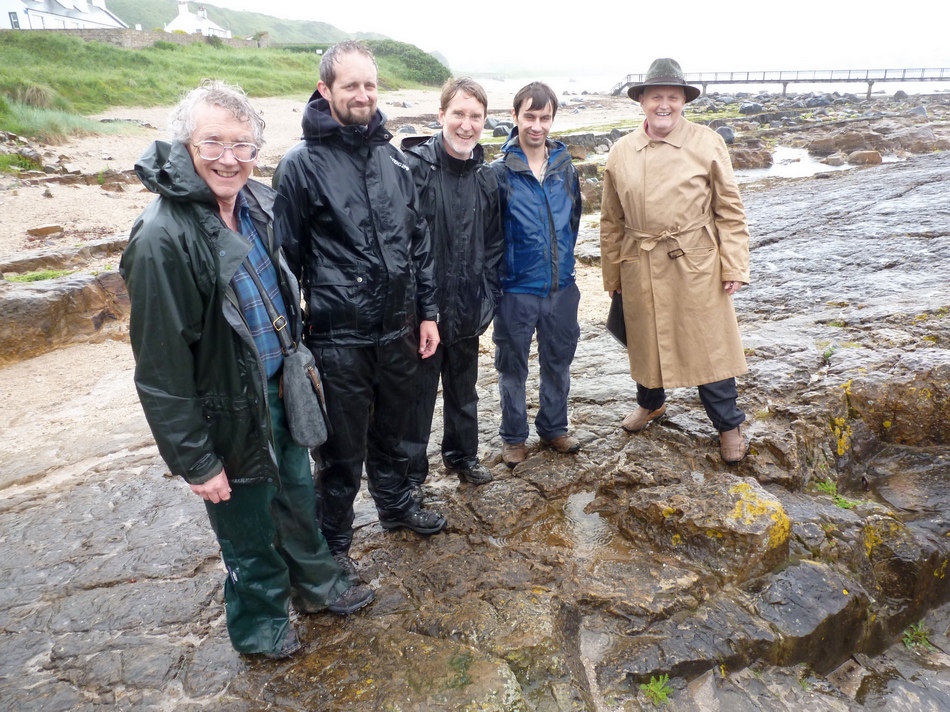
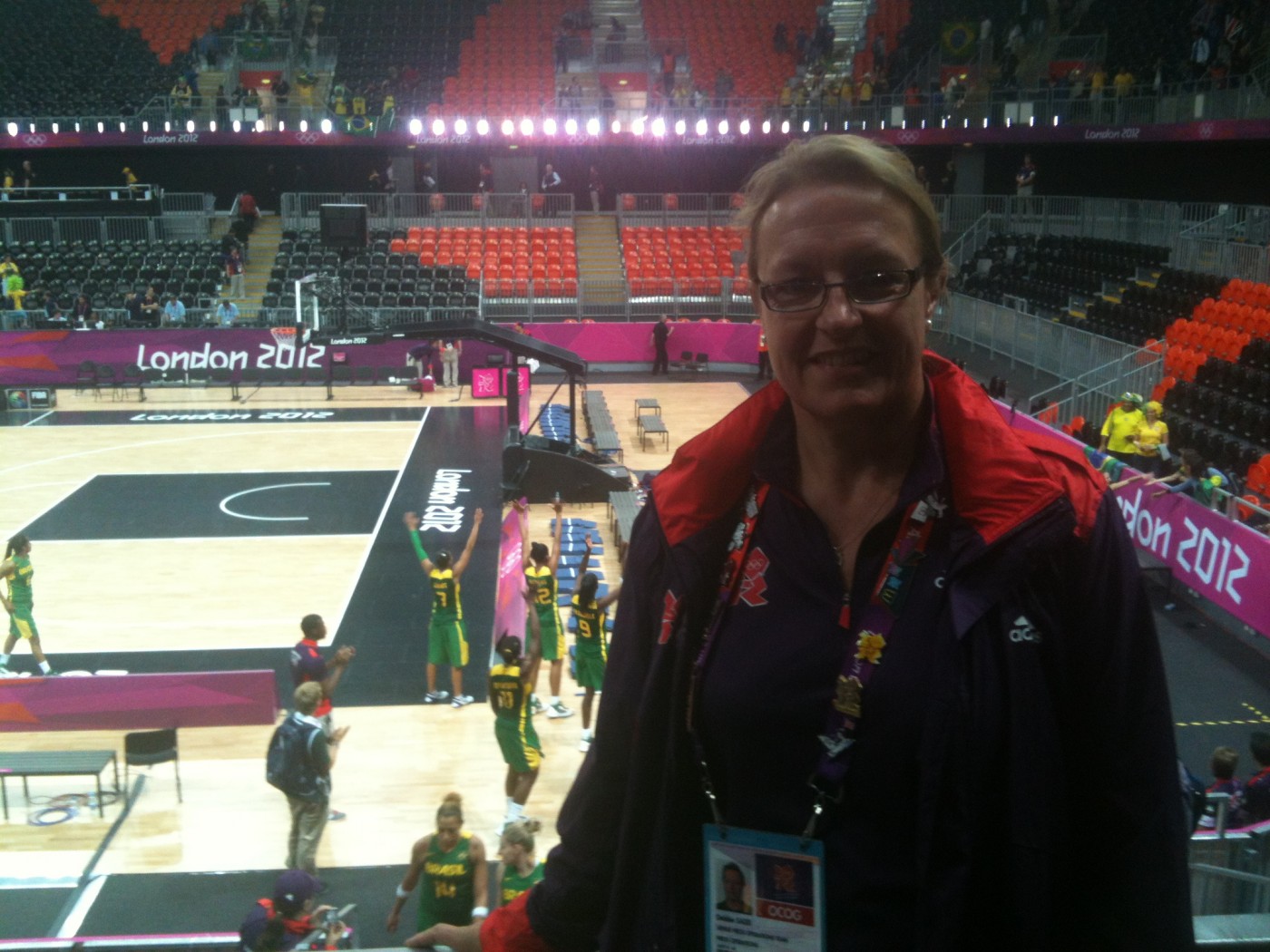
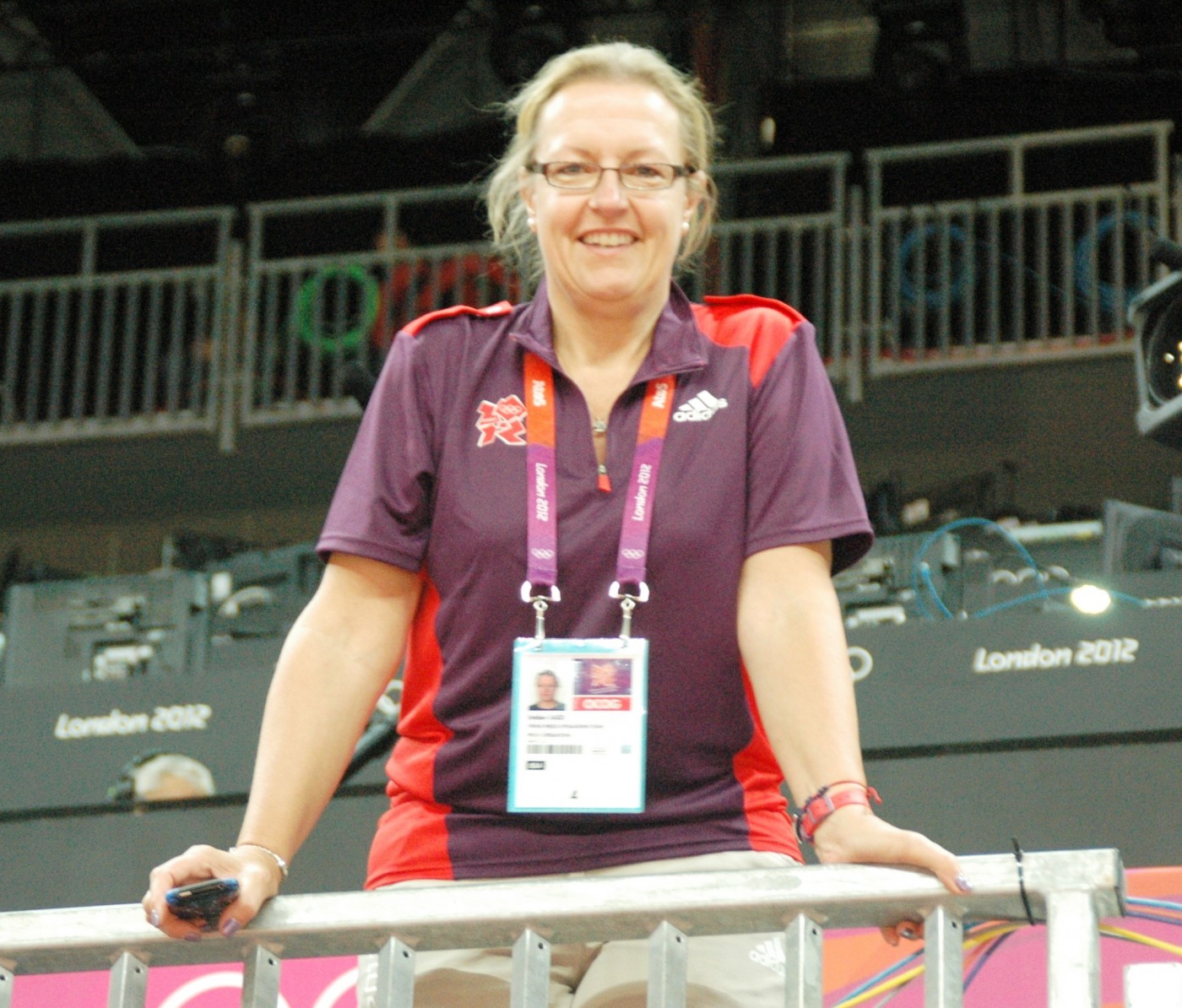
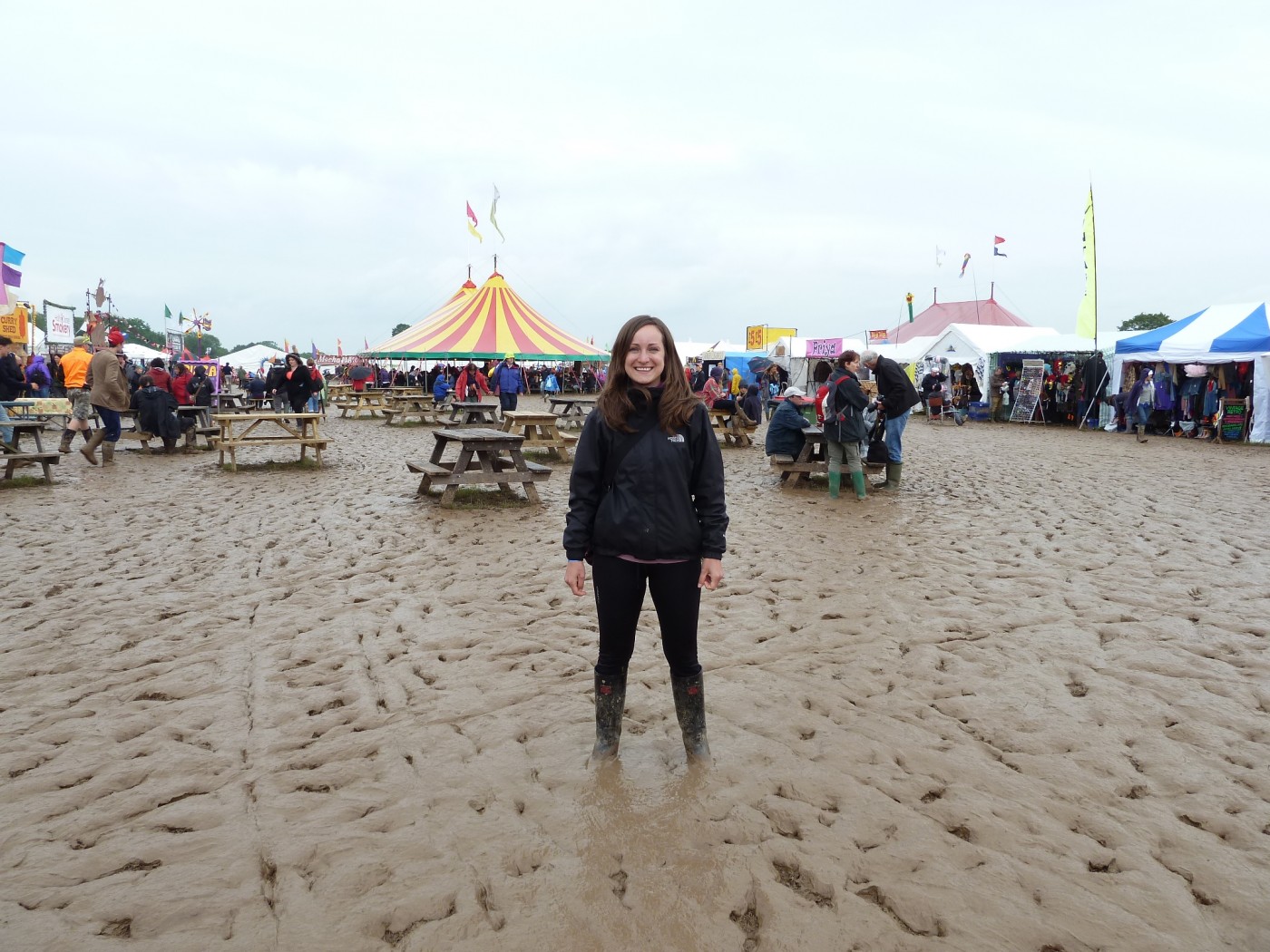


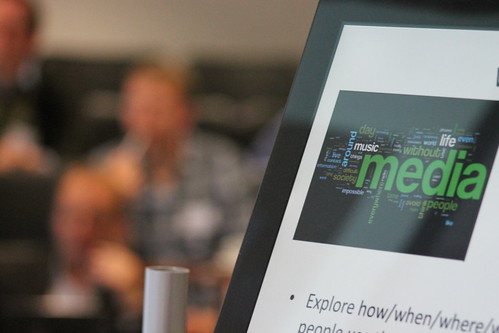
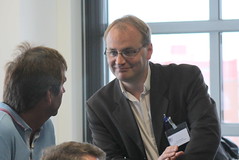
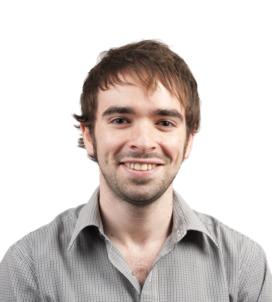

















 Read and sign up to BU’s Policy Influence Digest
Read and sign up to BU’s Policy Influence Digest Upcoming opportunities for PGRs – collaborate externally
Upcoming opportunities for PGRs – collaborate externally BU involved in new MRF dissemination grant
BU involved in new MRF dissemination grant New COVID-19 publication
New COVID-19 publication MSCA Postdoctoral Fellowships 2024
MSCA Postdoctoral Fellowships 2024 Horizon Europe News – December 2023
Horizon Europe News – December 2023